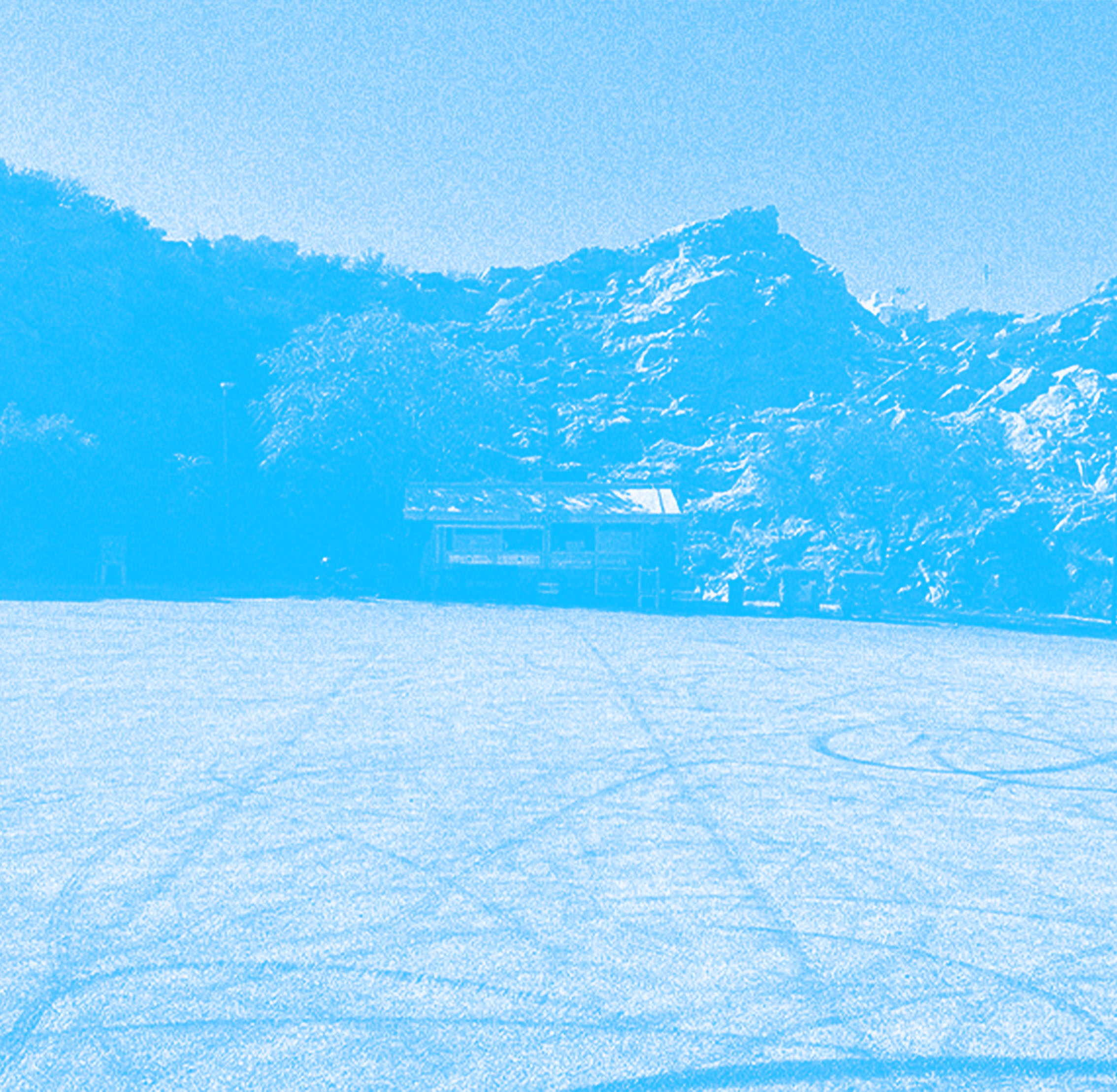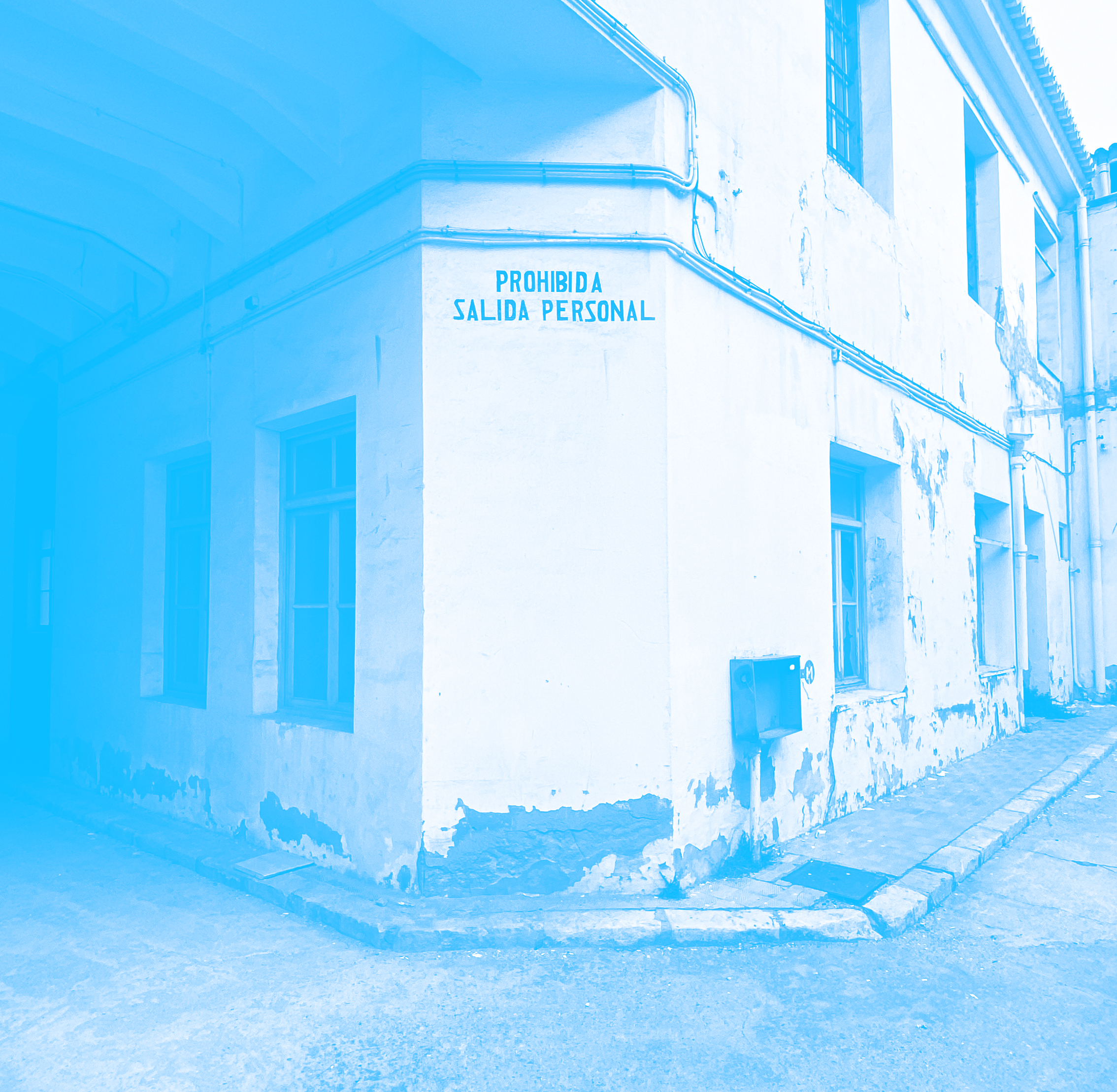Φεστιβάλ Λυκαβητού, Αθήνα
In _Prescindibles 50, La Poderosa, Barcelona
Centro Cultural de España, Santiago de Chile
Institut Valencià de Cultura, València
Centro Cultural Las Cigarreras, Alicante
*All short stories are written in the spoken language of each place.
Nos gustaría acompañarte caminando desde tu casa a tu trabajo. / Let us join your everyday ritual and walk to work with you.
A finales del año 2020 propusimos acompañar a una trabajadora desde su casa hasta su lugar de trabajo como actividad que finalmente abriría el Festival de Lycabettus en Atenas, Grecia.
Entonces el festival proponía negociar su propio formato y el uso de los espacios públicos de la ciudad. Nuestra intención con walkto.work era repensar nuestra relación tanto con el paisaje como con las propuestas artísticas en el espacio público. Al acercarse a una actividad cotidiana, como es la de ir a trabajar, nos permitiría sustraer la vida de sus protocolos y pensarla desde su potencia como ensayo de lo indefinido a la vez que sería capaz de cambiar el horario, el lugar y la finalidad de un espectáculo.
![]()
En respuesta a lo que sucedió en Atenas nos propusimos convertir la rutina de ir al trabajo en una experiencia colectiva y ver en las repeticiones, los rituales e historias una oportunidad para experimentar con los límites de un exceso cinético capaz de crear vías de escape y negociar los regímenes dominantes del capital, del trabajo y de la movilidad.
La mayoría de nosotros se despierta cada mañana para ir a trabajar, pero la percepción del espacio y del tiempo es diferente para cada uno. Con el fin de optimizar el recorrido se realizan un número de operaciones sobre los cuerpos, pensamientos y forma de ser que inciden directamente en la relación con el entorno y la clase social.
¿Podemos reconocer qué porcentaje de nuestras elecciones se hacen sobre la base de criterios socialmente construidos?, ¿qué partes de nuestras rutinas están prediseñadas afectando nuestra percepción espacio-temporal?, ¿cómo afecta la participación ciudadana en la configuración y reivindicación del espacio público? y ¿podemos todos ir caminando al trabajo o es un lujo?
Un recorrido diario no consiste solo en un traslado, sino genera un espacio social configurado por las relaciones entre personas, objetos, imágenes, ideas, lugares, sensaciones, normas, etc.. En este sistema de repeticiones y en estrecha relación con lo que nos rodea coge forma nuestra vida. Es entonces cuando adquierimos conocimientos y describimos este mundo en historias.
A finales del año 2020 propusimos acompañar a una trabajadora desde su casa hasta su lugar de trabajo como actividad que finalmente abriría el Festival de Lycabettus en Atenas, Grecia.
Entonces el festival proponía negociar su propio formato y el uso de los espacios públicos de la ciudad. Nuestra intención con walkto.work era repensar nuestra relación tanto con el paisaje como con las propuestas artísticas en el espacio público. Al acercarse a una actividad cotidiana, como es la de ir a trabajar, nos permitiría sustraer la vida de sus protocolos y pensarla desde su potencia como ensayo de lo indefinido a la vez que sería capaz de cambiar el horario, el lugar y la finalidad de un espectáculo.

En respuesta a lo que sucedió en Atenas nos propusimos convertir la rutina de ir al trabajo en una experiencia colectiva y ver en las repeticiones, los rituales e historias una oportunidad para experimentar con los límites de un exceso cinético capaz de crear vías de escape y negociar los regímenes dominantes del capital, del trabajo y de la movilidad.
La mayoría de nosotros se despierta cada mañana para ir a trabajar, pero la percepción del espacio y del tiempo es diferente para cada uno. Con el fin de optimizar el recorrido se realizan un número de operaciones sobre los cuerpos, pensamientos y forma de ser que inciden directamente en la relación con el entorno y la clase social.
¿Podemos reconocer qué porcentaje de nuestras elecciones se hacen sobre la base de criterios socialmente construidos?, ¿qué partes de nuestras rutinas están prediseñadas afectando nuestra percepción espacio-temporal?, ¿cómo afecta la participación ciudadana en la configuración y reivindicación del espacio público? y ¿podemos todos ir caminando al trabajo o es un lujo?
Un recorrido diario no consiste solo en un traslado, sino genera un espacio social configurado por las relaciones entre personas, objetos, imágenes, ideas, lugares, sensaciones, normas, etc.. En este sistema de repeticiones y en estrecha relación con lo que nos rodea coge forma nuestra vida. Es entonces cuando adquierimos conocimientos y describimos este mundo en historias.

En su texto Chinos y Estrellas, Claudio Mercado Muñoz describe la fiesta como un lugar maravilloso de encuentro con la gente que llevas encontrándote durante tantos años. El camino desde la casa al trabajo es una repetición casi idéntica, pasa por los mismos sitios, a la misma hora y hasta coincide con las mismas personas. ¿Puede este camino parecer a la fiesta, y como la fiesta, igual que las estrellas ser un enjambre de texturas entre sensaciones, sonidos, colores, como también texturas humanas, sociales, cariños, lazos y amistades?
¿Y si convertimos esta rutina en una experiencia colectiva?
Cada oportunidad que tenemos para acompañar a una persona desde su casa hasta su puesto de trabajo es un ensayo y a la vez una presentación de la propuesta. Acompañar a una persona caminando a su trabajo abre un diálogo con lo no-profesional, con lo habitual con algo que todos y cada uno de nosotros somos especialistas. Esta actividad cubre un propósito, pero su carácter repetitivo le convierte en un hábito y pierde su estructura intencional, es solamente cuando introducimos cambios que esta actividad vuelve a recuperar su intencionalidad.
Participar en un camino de walkto.work siendo acompañado/a, o acompañando a un/a trabajador/a, es someterse y hacer a la vez, como parte del mismo proceso evolutivo de una idea capaz de introducirse en nuestros hábitos.
// On october 2020 we proposed to accompany a worker from her home to her workplace as an activity for the opening of the first edition of Lycabettus Festival in Athens, Greece.
The festival was proposing to negotiate its own format and the use of public spaces in the city. Our intention with walkto.work was to rethink our relationship both with the landscape and with artistic proposals in the public space. By approaching a daily activity, such as going to work, it would allow us to subtract life from its protocols and think of its potential as a practice with no end and at the same time we would be able to change the time, place and purpose of an artistic event.
In response to what happened in Athens, we set out to turn the routine of going to work into a collective experience and see in the repetitions, rituals and stories an opportunity to experiment with the limits of a kinetic excess capable of negotiating the dominant regimes of capital, labor and mobility.
Most of us wake up every morning to go to work, but everyone's perception of space and time is different. In order to optimize the route, a number of operations are carried out on the bodies, thoughts and way of being that directly affect the relationship with the environment and social class.
Can we recognize what percentage of our choices are made on the basis of socially constructed criteria? What parts of our routines are predesigned, affecting our space-time perception? How does citizen participation affect the configuration and claim of public space? and can we all walk to work or is it a luxury?
Places do not exist by themselves, they need a displacement, they are born in this movement between one place and another. A daily journey does not consist only of a transfer, but also generates a social space configured by the relationships between people, objects, images, ideas, places, sensations, norms, etc. Our life takes place nn this system of repetitions and in close relationship with what surrounds us. Its then when people acquire knowledge and describe this world in stories although sometimes they don't notice that, because it is taken for granted under the rhythm of everyday life.
In his text “Chinos y Estrellas”, Claudio Mercado Muñoz describes La Fiesta as a wonderful meeting place with the people you have been meeting for so many years. The way from home to work is almost an identical repetition, it goes through the same places, at the same time and even coincides with the same people. Can this Walk seem like Fiesta, and like fiesta, just like the stars, be a swarm of textures between sensations, sounds, colors, as well as human textures, social textures, affections, ties and friendships? What if we turn this routine into a collective experience, and what if we get together to walk with you to work?
Every opportunity we have to accompany a person from their home to their workplace is a rehearsal and at the same time a presentation of the proposal. Accompanying a person walking to their work opens a dialogue with the non-professional, with the everyday, with something that each and every one of us is a specialist. This activity covers a purpose, but the repetitive nature turns it into a habit and it loses its intentional structure. It is only when we introduce changes that this activity regains its intentionality.
Participating in a walkto.work by being accompanied, or accompanying a worker, is undergoing and doing at the same time, as part of the same evolutionary process of an idea capable of being introduced into our habits.
![]()
Can we recognize what percentage of our choices are made on the basis of socially constructed criteria? What parts of our routines are predesigned, affecting our space-time perception? How does citizen participation affect the configuration and claim of public space? and can we all walk to work or is it a luxury?
Places do not exist by themselves, they need a displacement, they are born in this movement between one place and another. A daily journey does not consist only of a transfer, but also generates a social space configured by the relationships between people, objects, images, ideas, places, sensations, norms, etc. Our life takes place nn this system of repetitions and in close relationship with what surrounds us. Its then when people acquire knowledge and describe this world in stories although sometimes they don't notice that, because it is taken for granted under the rhythm of everyday life.
In his text “Chinos y Estrellas”, Claudio Mercado Muñoz describes La Fiesta as a wonderful meeting place with the people you have been meeting for so many years. The way from home to work is almost an identical repetition, it goes through the same places, at the same time and even coincides with the same people. Can this Walk seem like Fiesta, and like fiesta, just like the stars, be a swarm of textures between sensations, sounds, colors, as well as human textures, social textures, affections, ties and friendships? What if we turn this routine into a collective experience, and what if we get together to walk with you to work?
Every opportunity we have to accompany a person from their home to their workplace is a rehearsal and at the same time a presentation of the proposal. Accompanying a person walking to their work opens a dialogue with the non-professional, with the everyday, with something that each and every one of us is a specialist. This activity covers a purpose, but the repetitive nature turns it into a habit and it loses its intentional structure. It is only when we introduce changes that this activity regains its intentionality.
Participating in a walkto.work by being accompanied, or accompanying a worker, is undergoing and doing at the same time, as part of the same evolutionary process of an idea capable of being introduced into our habits.

